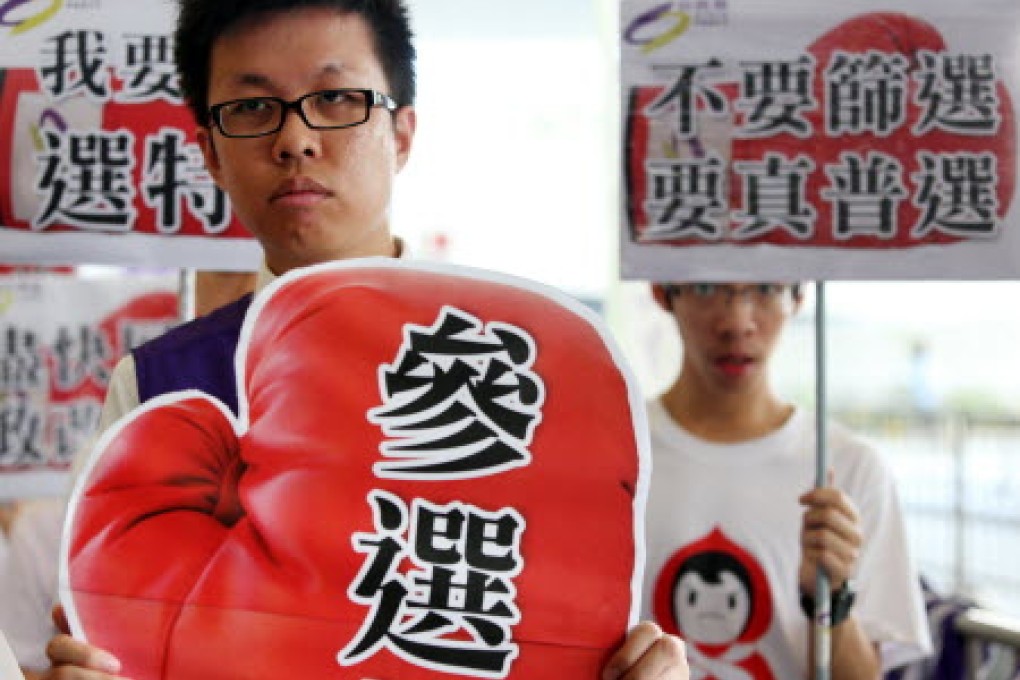People must have a genuine choice in the 2017 chief executive election
Hugo Swire says the transition to universal suffrage can ensure Hong Kong's stability, and it is vital that people have a genuine choice in 2017

Tomorrow is the sixth annual International Day of Democracy. Supporting the strengthening of democratic institutions is at the core of Britain’s foreign policy, and as minister of state for Asia, I wanted to mark the occasion by setting out why I think that the transition to universal suffrage is in the best interests of Hong Kong, and vital to its future stability and prosperity.
In 2007, the UN General Assembly decided to observe on September 15 each year the International Day of Democracy. As the UN has noted, “democracy is as much a process as a goal, and only with the full participation of and support by the international community, national government bodies, civil society and individuals, can the ideal of democracy be made into a reality to be enjoyed by everyone, everywhere”.
In Hong Kong, informed by our long, shared history, the UK takes its commitment under the Sino-British Joint Declaration very seriously. This guarantees Hong Kong’s high degree of autonomy, basic rights and freedoms, the observance of which the UK takes an active interest in. So I welcomed Chief Executive Leung Chun-ying’s undertaking during his inaugural policy address to “promote and achieve the ultimate aim of universal suffrage in accordance with the provisions of the Basic Law and the relevant decisions of the Standing Committee of the National People’s Congress” and to “launch a comprehensive consultation on the election methods” for these ground-breaking elections.
It is encouraging to see the enthusiasm with which many groups and individuals in Hong Kong are engaging on the shape of electoral reform. Their views will be invaluable as the government prepares its proposed public consultation on future options.
What democracy with universal suffrage in Hong Kong will look like is, of course, for the governments of Hong Kong and China – and the people of Hong Kong – to decide in line with the Basic Law. There is no perfect model anywhere in the world, but the important thing is that the people of Hong Kong have a genuine choice to enable them to feel they have a real stake in the outcome. This is no easy undertaking, but then few things worth having are.
Dialogue and co-operation between all parties will be vital for a smooth resolution of this important issue. And, of course, Britain stands ready to support in any way we can.